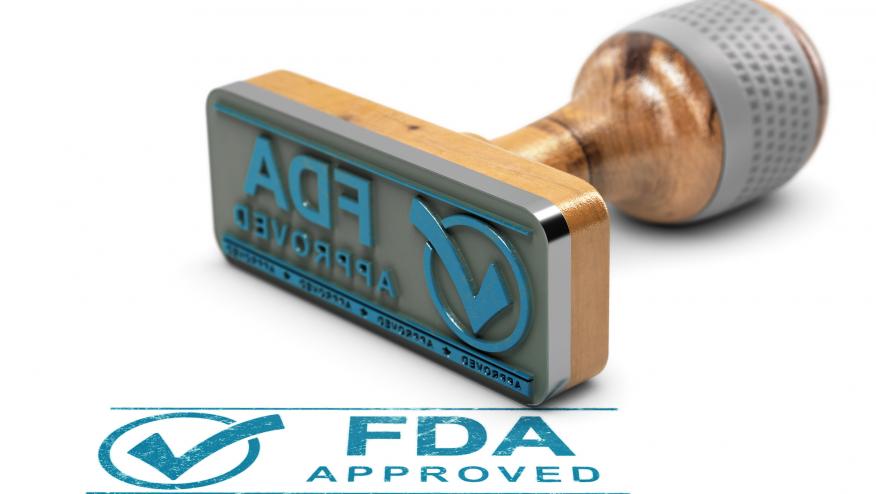FDA Approves Colchicine for CV Prevention Save

The FDA has approved colchicine (Lodoco) for cardiovascular prevention in adults with established atherosclerotic disease or multiple risk factors, making it the first anti-inflammatory medicine with such an indication.
The drug is now indicated for reducing the risks of myocardial infarction, stroke, coronary revascularization, and cardiovascular deaths, following regulatory approval of Agepha Pharma's drug application for a new manufacturing process of the decades-old gout medication.
"Approval by the FDA of the first drug to target cardiovascular inflammation is an important step forward for the care of our patients," said Paul Ridker, MD, MPH, of Harvard Medical School and Brigham and Women's Hospital in Boston, in a press release from the drug maker. "To treat coronary disease effectively, cardiologists must aggressively reduce inflammation and cholesterol."
Agepha Pharma said its colchicine will be available for prescription in the second half of 2023. The product is to be used at a dose of 0.5 mg orally once daily -- alone or in combination with standard lipid-lowering medications -- for the cardiovascular indication.
At this dose, the alkaloid drug had been found to reduce cardiovascular events by 31% compared with placebo when used with high-intensity statins and other cardiovascular prevention therapies among people with chronic coronary disease in the LoDoCo2 randomized trialopens in a new tab or window (6.8% vs 9.6%, respectively; HR 0.69, 95% CI 0.57-0.83, P<0.001).
"For the first time, patients with residual inflammatory risk, as measured by hs-CRP [high-sensitivity C-reactive protein], will have an FDA-approved treatment option demonstrated to reduce the risk of cardiovascular disease by targeting the inflammatory pathways that influence major cardiac events," said Michael Blaha, MD, MPH, of Johns Hopkins Medicine in Baltimore, in a statement.
Available generically, colchicine is derived from the autumn crocus plant used medicinally for thousands of years in Egypt.
The label for Lodocoopens in a new tab or window warns that concurrent use of strong CYP3A4 inhibitors (e.g., clarithromycin, ketoconazole) or P-glycoprotein inhibitors (e.g., cyclosporine, ranolazine) is contraindicated due to potential excesses in the concentration of colchicine. The drug is also contraindicated in patients with kidney failure or severe liver disease.
People on colchicine have reported blood dyscrasias and neuromuscular toxicity. Moreover, the most common side effects are gastrointestinal symptoms and myalgia.
Due to potential drug-drug interactions, colchicine users should be monitored for muscle pain toxicity if they are also on HMG-Co A reductase inhibitors, fibrates, gemfibrozil, and digoxin. Colchicine can also interact with oral contraceptives like norethindrone/ethinyl estradiol and cause diarrhea, nausea, and cold sweats.
Join The Discussion
For the cynics (or realists) here, I'm guessing that the 0.5 mg dose was chosen so that their drug would have to be the colchine that was prescribed and I will guess it will be expensive and not near the very low cost it once was. A new manufacturing process is mentioned. And the drug is centuries old, not decades old and when used directly from the plant it may have been used two centuries ago.










If you are a health practitioner, you may Login/Register to comment.
Due to the nature of these comment forums, only health practitioners are allowed to comment at this time.